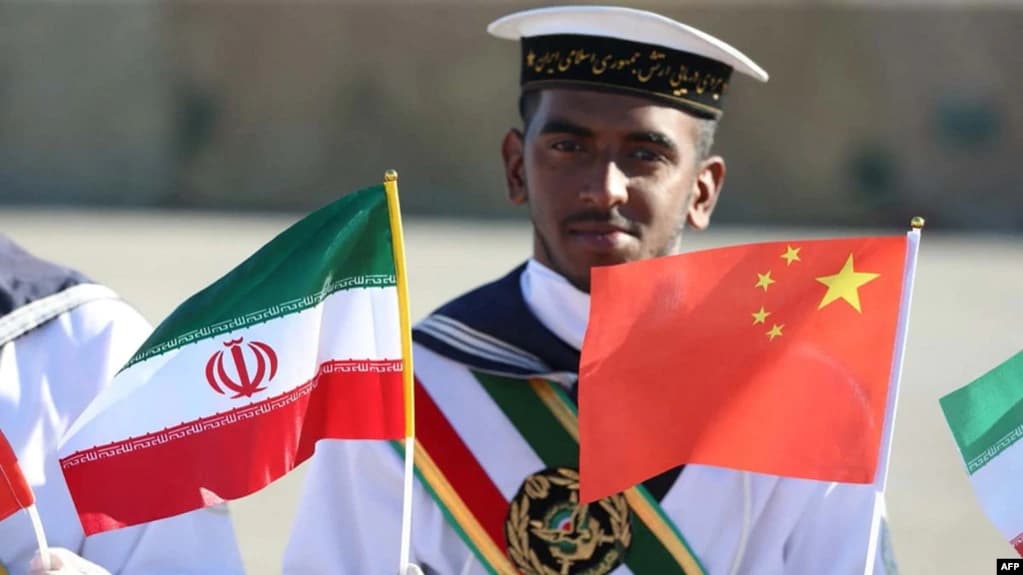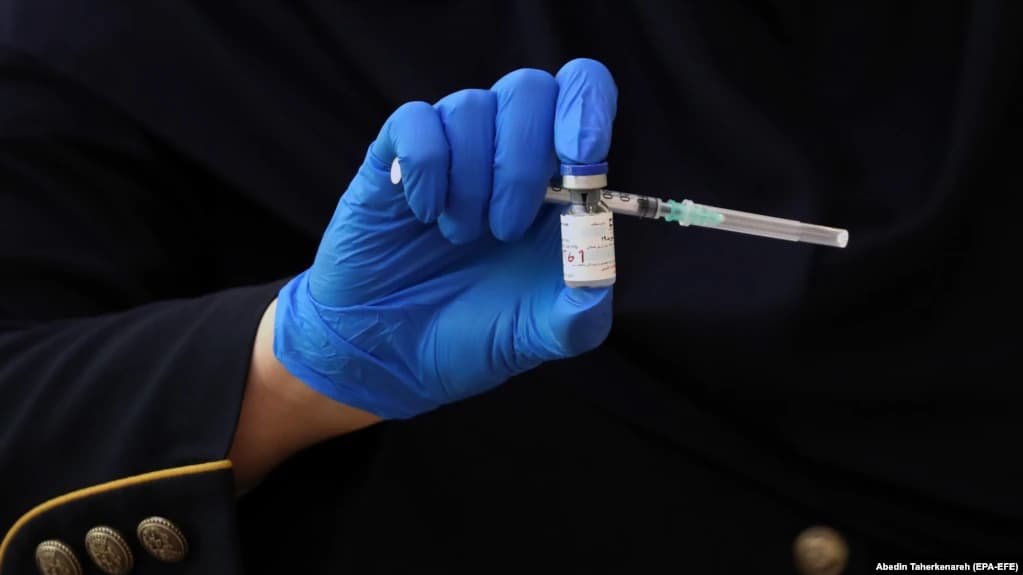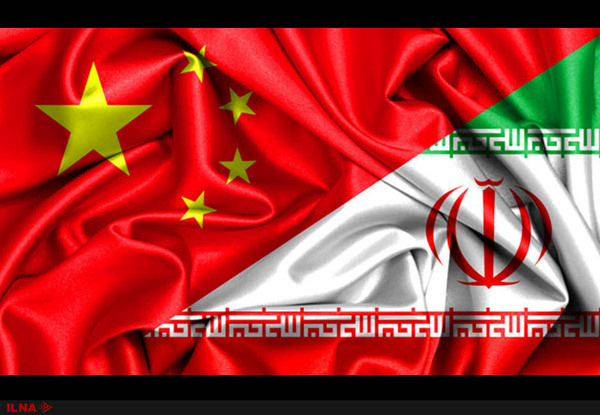
Uncontained Inflation Results in Increase in Poverty
The editorial of Arman Melli foresees more poverty on the way for the Iranian people, if no immediate measure is taken by the Iranian government to control the rampant inflation.
The economic and social trend that started a couple of decades ago has not stopped yet. This trend has many weaknesses and cannot provide for people’s needs. Given the current circumstances whileUS sanctions are still in place and Iran has not been able to do anything in particular with regard to investment, and the prices of goods and inflation have been constantly on the rise, we must be concerned about the statistics showing an increase in poverty.
There will be no change in this situation in so far as there is no proportion between the purchasing power of salaried people and their incomes. According to welfare and relief organizations, the number of poor people in Iran has increased sixfold. And the number of those who go to these organizations has gone up.
In fact, the government’s statistics and figures show that the number of poor people is more than this. Last year, the government announced more than 60 million people out of a population of 83 million are qualified to receive gasoline subsidies which indicates that this large group of people cannot provide for their own basic needs with their incomes.
When the government admits that more than 60 million people must receive this subsidy, it must be a warning sign that the number of the poor in Iran has now grown to more than half of the population.
Now that we are in the beginning of the Iranian new year, nothing in particular has happened that would indicate a change in Iran’s economy. The prices of goods are still soaring and inflation is still shooting up.
Coronavirus, Nowruz, and Social Indifference
The editorial of Arman Melli focuses on the widespread social indifference among Iranian people, as recently manifested in their trips during Nowruz – the beginning of the Iranian new year. Despite the fact that due to coronavirus, officials asked people to stay home and not travel, many Iranians have hit the road and aggravated the situation.
Human beings, as social animals, have individual and social responsibilities. Social responsibility means the level of an individual’s interest in what is happening in society and his active participation in resolving public issues. As social animals, human beings have social responsibilities – just as they have certain rights.
With an increase in social status, people become more responsible towards public issues and problems. That is why people who have high ranking positions have more duties and responsibilities.
The opposite of social responsibility is social indifference. That is when people do not show any interest in participating in social issues, having social responsibilities, and doing altruistic activities.
Today when we witness that Iranian citizens have hit the road during the Nowruz holidays, it is the outcome of social indifference. It is a sign of social irresponsibility pointing to a break in people-government relations. It shows nothing but citizens’ distrust towards officials and those who are in charge of the country.
When Iranian citizens see contradictions in official words and actions, they think that no one cares for their demands. That is why people express their protest in the form of not following official recommendations and orders.
With regard to the coronavirus, despite the fact that officials asked people to avoid travel and stay home, some people didn’t follow these recommendations and travelled – mostly to the northern cities of Iran, which turned them into hotspots for coronavirus.
This social indifference has a message for the Iranian authorities: they must find solutions for such problems by using experts, including people responsible for national legislation and policies who are honest in their words and actions so that the gap between the government and the people is bridged.
2021 Presidential Elections Shouldn’t Be Like That of Parliament
As we get closer to the presidential elections in Iran, the editorial of Arman Melli underscores the importance of high turnout as it shows public trust in the establishment. In last year’s parliamentary election, the turnout was so low, showing people’s distrust towards the Iranian government.
Like other phenomena, elections have certain requirements so they are held as best as possible. And it must be emphasized that freedom is the most important requirement in any election. It means that participants must be able to elect whoever they want to – without finding any obstacles for voting for that person.
It must be accepted that it is every citizen’s right to have his or her share in this process. Moreover, people’s role in elections cannot be ignored. It means whoever votes must have knowledge of the existing conditions and candidates, they must know that they are obliged to exercise their right, and they must elect carefully. That is how people will be responsible for positive or negative consequences after the election.
But if any obstacles prevent people from voting, the establishment will be held accountable for any fallout and officials will be blamed for being incompetent. Any vote that is cast is an obvious sign of people’s acceptance of the legitimacy of the establishment. And that is why low turnout in elections will be interpreted as signifying people’s distrust.
So, everybody must do his or her best so that what happened in last year’s parliamentary election would not be repeated and the establishment’s legitimacy is not questioned. Iran is going through a tough time, and under these circumstances, we need national solidarity more than ever.
People must be sure that whoever is elected as the president has enough powers. The president must meet people’s demands, which is why the candidates must inform people of their plans transparently. In the upcoming presidential elections, the candidates must introduce their cabinets so that people can vote for them with more knowledge.

Iran and China Sign 25-Year Cooperation Document; Critics Say: Stop Selling Iran to China

Chinese Foreign Minister Wang Yi and his Iranian counterpart Mohammad Javad Zarif have signed a 25-year cooperation document without divulging its details. Iranian authorities merely said the document contains “political, strategic and economic” elements. Not to mention that the negotiations over this document have been behind the scenes from the very beginning.
Saeed Khatibzadeh, Iran’s foreign ministry spokesman, issued a statement in this regard, saying “this document is an agenda for cooperation between Iran and China, therefore, it contains no contract.” The statement also says the document consists of “no specific figures or numbers regarding investments or financial and monetary sources.”
According to The New York Times, however, China has agreed to invest $400 billion in Iran’s banking, railroad, information technology and telecommunications sectors over the next 25 years in exchange for receiving oil – with a massive discount – from this country based on the recently-signed cooperation document. The New York Times also reported that the document includes further improvement of military cooperation, such as joint training and drills, research, weapons development efforts and sharing security information.
Meanwhile, the head of the Iranian Parliament’s National Security Committee announced that Iran establishment is also after signing similar documents with Russia. Mojtaba Zolnour added that Iran plans to sign long-term and strategic contracts with Russia as well in order to expand bilateral economic interactions with that country.
“We are pursuing joint cooperation and bilateral interactions with these countries in the fields of rail services, roads, refineries, petrochemicals, auto industry, oil, gas, petrol, environment and knowledge-based companies, because this can play a very effective role in neutralizing foreign sanctions,” noted Zolnour.
Critics of this cooperation document compare it to the Treaty of Turkmenchay between Iran and Tsarist Russia in 1828 according to which Iran had to cede control of considerable parts of its territories to Russia. A number of civil activists in Iran and abroad have written a letter to Chinese President Xi Jinping, calling the 25-year cooperation document an “invalid” and “inhumane” contract.
The letter, signed by thousands of people so far, says the Iranian government “does not represent the Iranian nation” and has signed this contract merely to save itself from collapse: “The strategic 25-year contract is in contradiction with Iran’s nation nal interests, hence unacceptable morally, politically, legally and humanely.”
Only 161,000 Doses of Coronavirus Vaccines Administered in Iran So Far

The Iranian Health Ministry says that so far only 161,000 coronavirus vaccines have been administered to Iranian citizens, while Iran’s Medical Council Organization has declared that “we have not taken advantage of the opportunity for importing vaccines.”
While other countries are rapidly vaccinating their populations, the spokesperson for the Food and Drug Organization in the Health Ministry announced that so far 695,000 imported vaccines have been distributed in the country and 161,601 doses have been administered. He added that most of those who received these vaccines were healthcare workers.
Administered vaccines in Iran are Chinese and Russian which are less efficacious compared to European and American vaccines.
Iranian Supreme Leader Ali Khamenei has banned importing American and British vaccines, while calling for producing vaccines within the country.
While Iran’s neighboring country, Turkey, has vaccinated 15 million people, Iran has vaccinated less than 162,000, while they also need to receive their second dose.
Two million Iranian people were supposed to receive their coronavirus vaccines before the beginning of the Iranian new year (March 21).
While Iranian officials try to blame US sanctions for not being able to buy and import vaccines, the head of Iran’s Drug Importers Union has insisted that there is no problem with regard to transferring currency for importing coronavirus vaccines and other medications from other countries to Iran.
Coronavirus has surged in Iran and vaccinations are moving forward very slowly, and the National Organization for Civil Registration avoids releasing the exact number of deaths caused by COVID-19.
Unprecedented Drop in Iran-China Trade: Less Than $20 Billion in 2020

While Iran has signed a 25-year agreement with China, the head of the Iran-China Chamber of Commerce declared that Tehran-Beijing trade was roughly $20 billion in 2020, which was at its lowest during the past 16 years.
According to Majidreza Hariri, with Iran’s international trade shrinking, the share of trade with China too has naturally dropped. He added that during the past 15 or 16 years, Iran’s trade with China have never been so low. The head of the Iran-China Chamber of Commerce said that in 2014, trade between the two countries reached $51.8 billion.
According to Reuters, in recent months, Iran has indirectly exported an unprecedented amount of oil to China.
With regard to the agreement between Iran and China, Hariri urged that it will not have an immediate impact on Iran’s economy, as certain contracts must be signed and implemented with respect to joint projects.
No details have been released with regard to the Iran-China agreement, but critics and opponents of Iran have severely criticized it, calling it dishonorable.
In the meantime, the new statistics released by India’s Ministry of Economy show that during the first two months of 2021, this country’s exports to Iran have witnessed a 60 percent drop reaching $202 million.
During the same period last year, India’s exports to Iran reached $500 million.
According to Reuters, due to the decrease in Iran’s rupee reserves in India, Indian companies and businessmen are not willing to sign new deals with Iran to export goods like sugar, rice and tea.
Furthermore, the level of Iran’s exports to Iraq shows an 18 percent decrease.
According to the head of the Arab Office in Iran’s Trade Promotion Organization, Iran’s exports to Iraq reached $6.8 billion in 2020, showing an 18 percent decrease compared to 2019.
